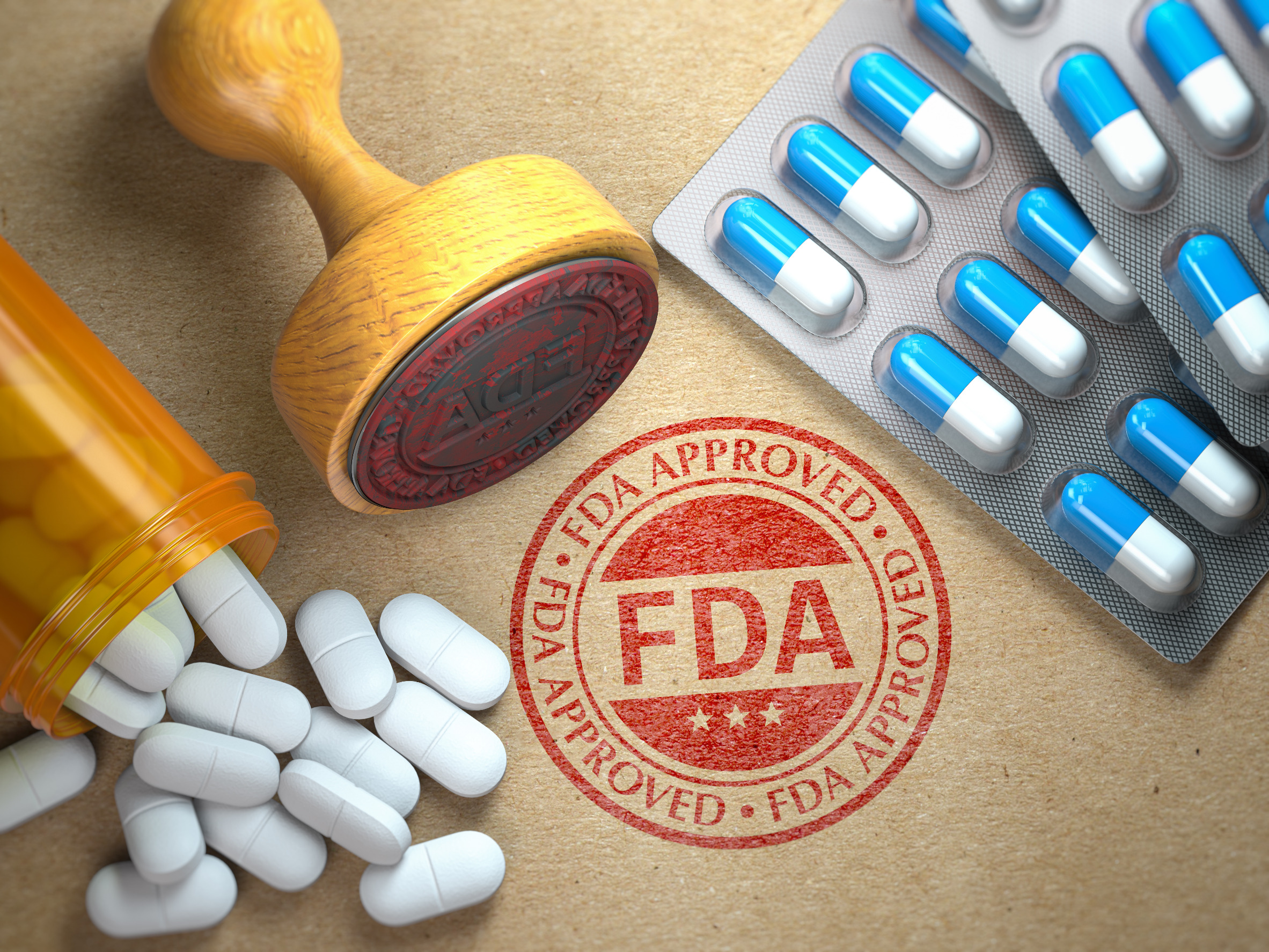By: Editorial Staff, Date: January 9th, 2023
Ensuring health products are safe and effective is a strong call of duty for the U.S. Food and Drug Administration (FDA). The journey to approve a drug candidate for usage is complex, time-consuming, and thorough. But this is all done to guarantee that the health benefits of new drugs and biological products outweigh their risks.
The FDA’s Center for Drug Evaluation and Research (CDER) plays the watchdog role in this area to prevent quackery. CDER evaluates potential medicines before they’re sold to the American public. Both brand-name and generic drugs are assessed to ensure they provide the desired effect.
So, what does FDA approval mean?
Drug companies can claim that a health product or medical device is safe and beneficial even without proof. Hence, the FDA approval process is vital to protect consumers.
Simply, an “FDA approval” is a validation that the health benefits of a drug justify its potential risks. It means that the CDER has reviewed the necessary data and decided the drug is appropriate for its intended population.

Here’s a quick look at the drug development and FDA approval process:
- Discovery
Companies discover and develop a new drug. Laboratory research begins.
- Animal Testing
The potential medicine must first be tested on animals to check its safety and efficacy.
- IND Application
Drug company submits an Investigational New Drug (IND) application to the FDA with the results from animal testing and key information on the drug composition and manufacturing plan.
- IND Review
Before conducting any clinical trials, the FDA will review the IND to ensure no research participants will be placed at risk or in danger.
Clinical Trials Begin Once the IND application is approved, clinical trials to test the drug on humans can begin. Typically, clinical trials follow 3 phases – starting with a small group composed of around 20-80 participants, followed by a larger group with several hundred people involved.
- NDA Application
The company files a New Drug Application (NDA) to the FDA with results of all clinical trials conducted, and the FDA reviews the application.
- NDA Review
The FDA review team evaluates the company’s research on the drug and decides within 6-10 months whether to approve the drug.
- Facility Inspection
FDA inspects the place where the drugs will be manufactured.
- Drug Approval
The FDA approves the drug labeling or packaging to ensure that it contains the appropriate information.
- Post-Market Monitoring
Drug company continues to monitor product safety and submit periodic updates to the FDA.
How the FDA impacts your everyday life
The health products you use every day, including cosmetics, medicines, medical devices, and foods, are regulated by the FDA to ensure their security and efficacy for their intended purpose. Each item must satisfy a specific requirement before it hits the market.
From the food supplement you take first thing in the morning and the cosmetics you wear every day to the medicine you use when you feel sick – they must be approved by the FDA first before you can consume them.
The FDA is tasked to protect public health. It must enforce honesty and accountability among manufacturers so the products that reach the public won’t cause harm. The agency oversees the development of products in all 50 states in the U.S.
Today, some of the many products regulated by the FDA include the following:
- Food
- Medicines (prescription and over-the-counter)
- Vaccines, blood, and biologics
- Medical devices
- Cosmetics
- Tobacco products
- Radiation-emitting products
- Pet food
Join our upcoming webinar: Significant FDA Developments: Prepare for What’s Next in 2023
Related Webcasts
Stop Fraud, Get Rewarded: A Whistleblower’s Guide to the False Claims Act
In the battle against fraud and corruption, knowledge is power. Explore the depths of the False Claims Act (FCA) and unlock the potential for justice and reward. Join our speakers in this CLE webcast as they delve into the intricacies of whistleblowing and learn how you can make a difference while safeguarding your rights and interests.


